Men take only their needs into consideration - never their abilities
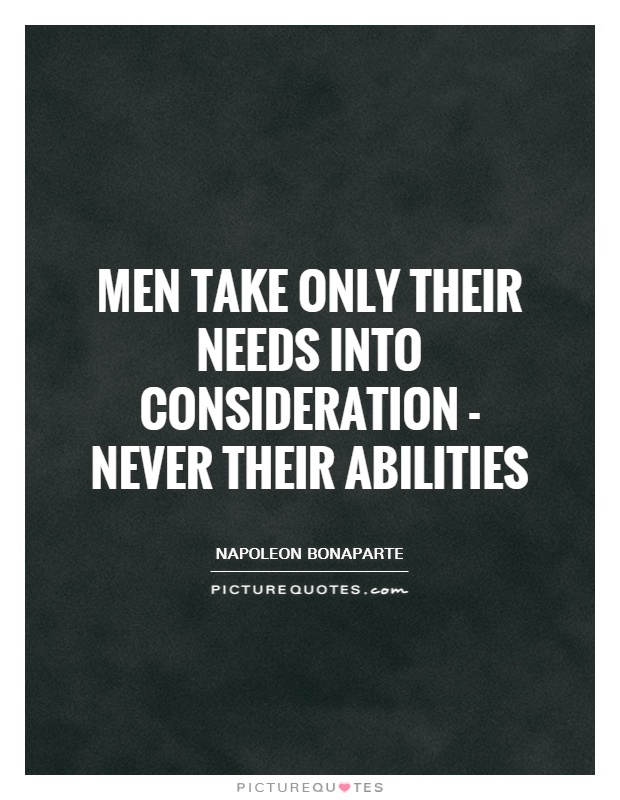
Men take only their needs into consideration - never their abilities
Napoleon Bonaparte, the renowned French military leader and emperor, is often cited as a prime example of a man who prioritized his needs over his abilities. Throughout his rise to power and subsequent reign, Napoleon demonstrated a relentless pursuit of his own ambitions and desires, often at the expense of others and even his own well-being.From a young age, Napoleon exhibited a keen understanding of his own strengths and weaknesses. He recognized his exceptional abilities as a military strategist and leader, and he leveraged these talents to achieve great success on the battlefield. However, Napoleon's insatiable thirst for power and glory often led him to make decisions that were driven more by his personal desires than by a rational assessment of his abilities.
One of the most striking examples of Napoleon's self-centered approach can be seen in his decision to declare himself Emperor of the French in 1804. Despite his undeniable military prowess, Napoleon's decision to crown himself as emperor was a clear demonstration of his desire for absolute power and control. This move not only alienated many of his former allies and supporters but also set the stage for his eventual downfall.
Throughout his reign, Napoleon's focus on his own needs and desires often clouded his judgment and led to costly mistakes. His disastrous invasion of Russia in 1812, for example, was driven by his desire to expand his empire and assert his dominance over Europe. However, Napoleon's failure to adequately consider the logistical challenges and the harsh Russian winter ultimately led to the decimation of his army and the beginning of his downfall.

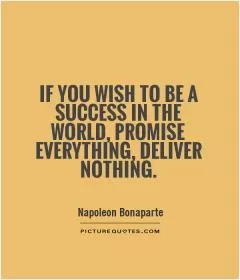
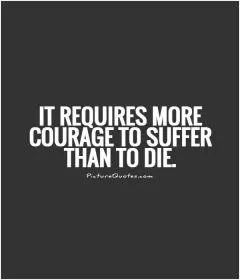

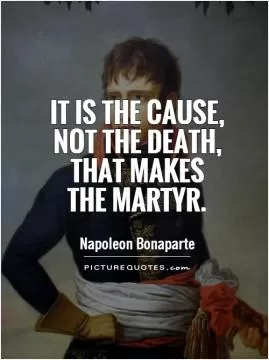
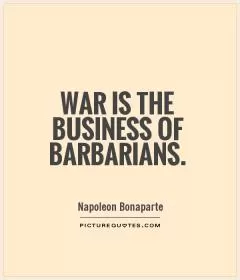
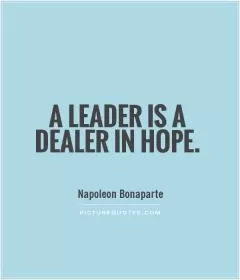
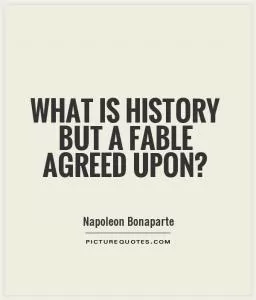


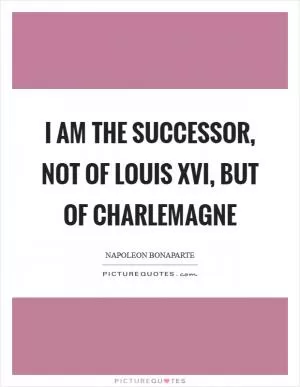

 Friendship Quotes
Friendship Quotes Love Quotes
Love Quotes Life Quotes
Life Quotes Funny Quotes
Funny Quotes Motivational Quotes
Motivational Quotes Inspirational Quotes
Inspirational Quotes